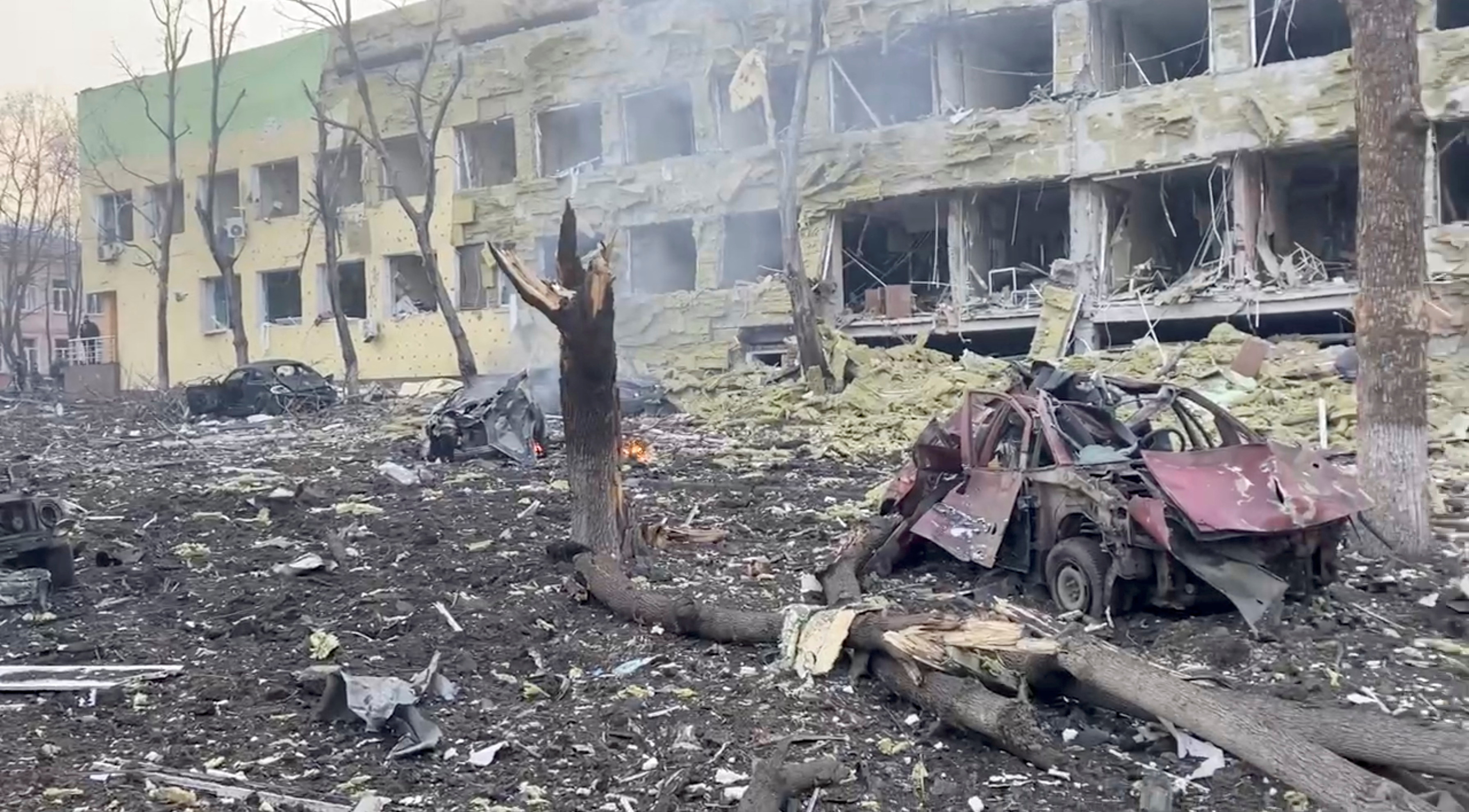BEYOND CIVILIZATION: WHY IS THE KREMLIN AFRAID OF INTERNATIONAL RECOGNITION OF UKRAINIAN GENOCIDE
Опубліковано: 2022-05-04 in International

Genocide is considered one of the gravest crimes against humanity. Its definition is set out in the Convention on the Prevention and Punishment of the Crime of Genocide and the Punishment of Genocide (CPPCG) of 9 December 1948 and means a set of actions "committed with the intent to destroy all or part of a national, ethnic racial or religious group as such". These include killings, injuries, deliberate physical destruction, measures to prevent childbearing and the forcible transfer of children to other groups.
Recognizing the actions of certain states as genocide is in fact a difficult one, as it requires a strong evidence base and, last but not least, the political will of the leading states and the international community as a whole. Two examples come to mind - foremost, the Holocaust of the Jewish people during the Second World War and the death of a significant number of Armenians in Turkey in 1915. In both cases, the mass killings, although seemingly obvious, were sometimes manipulated: the recognition of genocide depended on the situation and the short-term interests of political forces.
If we look closely and objectively at the actions of Russian troops in the occupied Ukrainian territories, we will see the presence of almost all signs of genocide. Of course, it is especially important to establish the facts using appropriate legal procedures, but for Ukrainians and politicians in many countries, the existence of genocide is beyond doubt. The scale of the crime does not really matter, because, firstly, not all the consequences of the atrocities of the occupiers have been revealed, and secondly, the war is still going on and new victims, unfortunately, are inevitable.
Therefore, it is not surprising that the reaction of the world community was not delayed. On April 21, 2022, the Estonian parliament was the first foreign state to adopt a resolution recognizing the actions of the Russian armed forces, the military and political leadership of the Russian Federation as genocide against the Ukrainian people. On the same day, a similar statement was adopted by the Latvian Parliament. A similar decision was made by the lower house of the Canadian Parliament on April 27. And this is just the beginning.
How can this affect the development of the situation and, in particular, the Russian Federation, which commits criminal acts? Firstly, it will constantly keep the Russian-Ukrainian war in the focus of the world's attention. Secondly, for a very long time Russia is becoming a world pariah with which decent countries will not want to have anything in common. Thirdly, even with a change of the political regime in Moscow, the West is unlikely to be able to return to pre-war times and conduct business with Russia. It is important that the leading states have taken the first significant steps to establish an International Tribunal for Ukraine, and we can hope for a real punishment of criminals.
In conclusion, the genocide of the Ukrainian people will stay in a row with other mass crimes in human history as a reminder that any tyranny ends in blood.
Serhii Feduniak, Fulbright-Kennan scholarship holder; professor of the Department of International Relations of the Yuriy Fedkovych Chernivtsi National University
Photo UKRAINE MILITARY | via REUTERS